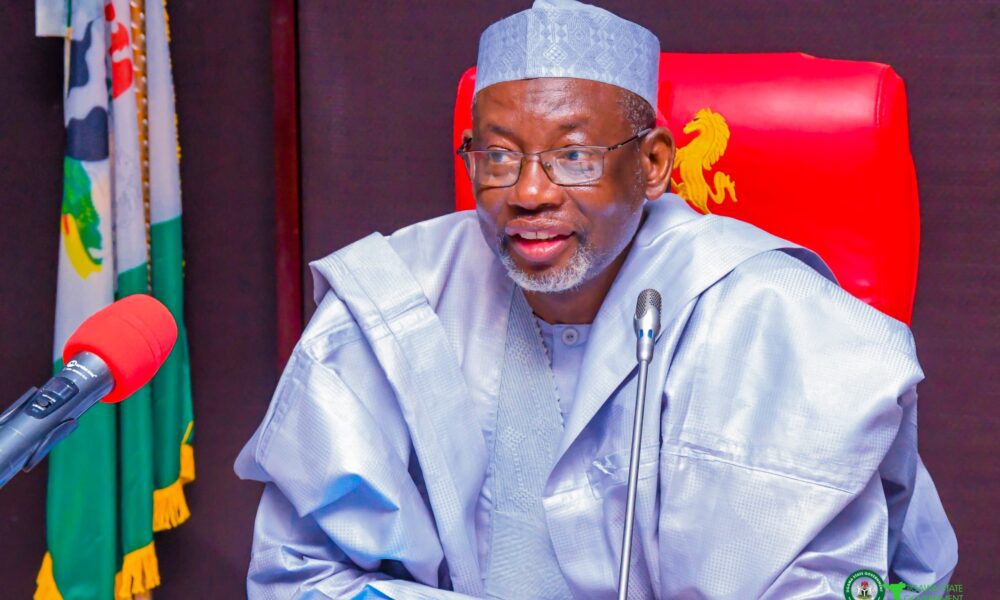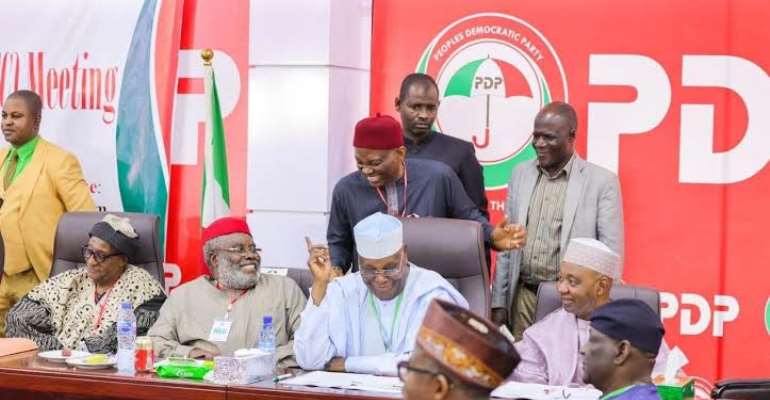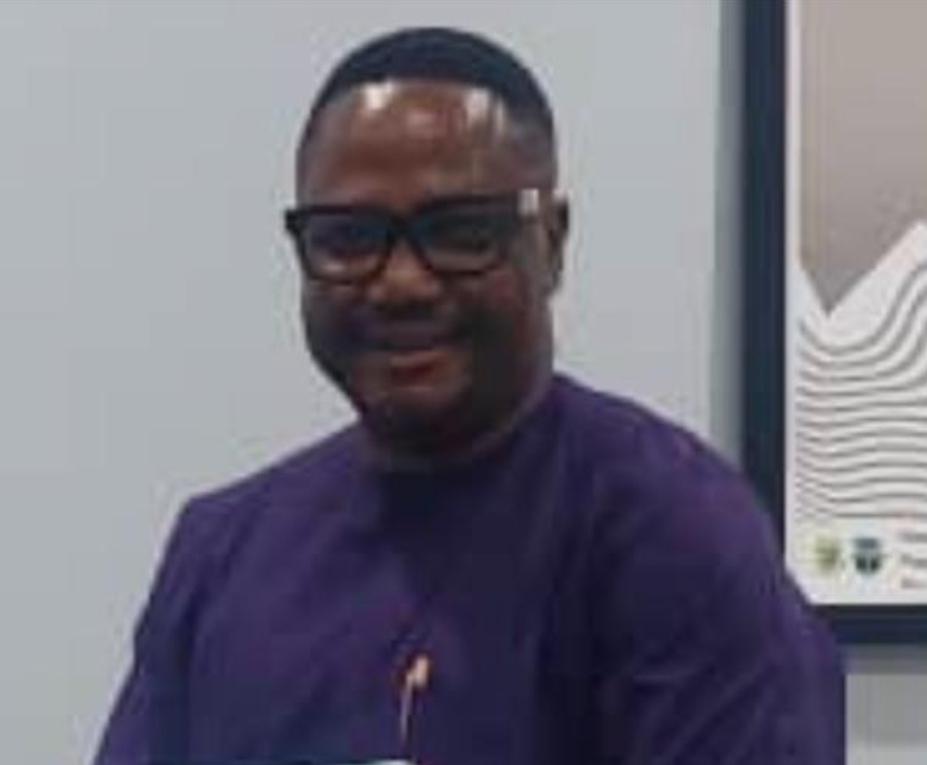By Adamu Muhd Usman
“The living are just the dead on vacation.”
— Maurice Maeterlinck (1862–1949), Belgian playwright and poet
Life is a mix of moments—some filled with joy and celebration, others marked by grief and reflection, and still others spent in leisure. Among these, the most difficult is undoubtedly the day of death.

I come from a family of 15 children from my father, with over 150 grandchildren. The eldest of us, Khadija Usman, popularly known as Gamandi or Yaata, passed away on Saturday, December 21, 2024—just four days before Governor Namadi’s tragic losses. Coincidentally, we share the same hometown, Kafin-Hausa.
Khadija is survived by her children and grandchildren. Among her children are Adamu (Engr), Usman Babali (Don), Jibrin (Jibson), Ismail (A Cole), and her daughters, including one who was married to the late Labaran Alhaji Muhammad (Normal). Tragically, Hauwa, Labaran’s widow, also passed away just two weeks later, enduring the pain of losing both her husband and mother in such a short time. May Allah forgive them all.
Similarly, Governor Umar Namadi of Jigawa State faced a double tragedy. Within 24 hours, he lost his mother, Hajiya Maryam Umar Namadi, on Wednesday, December 25, 2024, and his eldest son, AbdulWahab Umar Namadi, on Thursday, December 26, 2024. At the time, the governor was on an official visit to China and returned home to the heartbreaking news.
Even more devastating, Abdulwahab, aged 24, died in a car accident while traveling from Dutse to Kafin-Hausa to mourn his grandmother. He was laid to rest in the Kafin-Hausa cemetery according to Islamic rites, just a day after his grandmother’s burial in the same town.
The back-to-back tragedies have left the Namadi family, Kafin-Hausa, and the entire state in deep sorrow. Sympathizers poured into the governor’s residence to express condolences. Among the mourners was my leader and mentor, Alhaji Dr. Sule Lamido (CON), former Governor of Jigawa State, who also visited me personally to console my family over the loss of our eldest sister.
Prayers were offered for the repose of the deceased, as these losses deeply touched everyone.
People from all walks of life—irrespective of tribe, region, religion, or political affiliation—gathered to support Governor Namadi. Losing both a mother and a son within such a short span is a burden beyond words.
I had known Hajiya Maryam Umar Namadi for over 45 years. Fondly called “Iya Hajja”, she was a woman of faith, kindness, and generosity. Her devotion to peace, reconciliation, and family unity made her an inspiration to many. She was a true philanthropist whose life is worthy of emulation.
At this point, I extend my heartfelt condolences to Her Excellency, Hajia Hadiza Umar, the governor’s wife, on the loss of her son, Abdulwahab. I deeply appreciate her personal visit to me on Sunday, December 22, 2024, just a day after my sister’s passing, despite her husband being away in China at the time. I pray that Allah rewards her kindness and grants her the strength to endure this painful period.
At just 24 years old, Abdulwahab had a promising future ahead. He graduated from Federal University Dutse (FUD) and was preparing for his NYSC in 2025. Notably, Governor Namadi, known for his modesty and values, chose to educate his son locally rather than sending him abroad, despite having the means to do so. This decision reflects his grounded character and belief in simplicity.
Losing two beloved family members in such quick succession is never easy. This is undoubtedly a trying time for Governor Namadi. However, with Allah’s will, his faith and trust in the Almighty—the Sustainer and Healer—will guide him through this difficult trial.
I pray that Allah (SWT) grants Governor Namadi and his family the fortitude to bear this immense loss. May He also bless the departed souls of their loved ones, my sister, and all others who have passed, granting them eternal rest in Aljannatul Firdaus.
The dignitaries who visited Kafin-Hausa to pay their respects—including the Vice President, Kashim Shettima; serving and former governors; ministers; members of the National Assembly; deputy governors; presidential aides; politicians; academicians; diplomats; traditional rulers; religious leaders; businesspeople; journalists; NGOs; and various associations—serve as a reminder of the inevitability of death and the importance of preparing for it with humility and righteousness.
May Allah have mercy on us all.
Adamu writes from Kafin-Hausa, Jigawa State.



